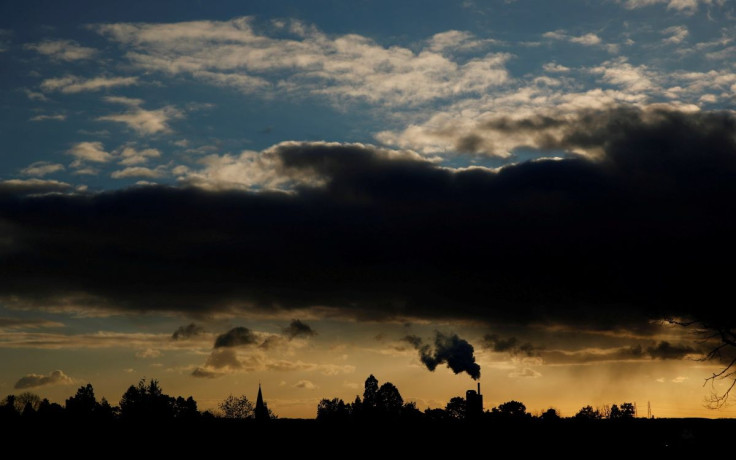U.N. Campaign Sets Out Tougher Standards For Company Net-zero Plans

A U.N.-backed campaign to drive faster climate action on Wednesday laid out a tougher set of minimum standards for the growing number of companies looking to pledge their efforts to cut greenhouse gas emissions.
The updated criteria issued by the 'Race to Zero' campaign are important as they will be reflected in the obligations of a range of partner organisations marshalling the climate efforts of various sectors, from banks to insurers and asset managers.
The new rules follow a period of consultation between more than 200 independent experts and will affect many of the world's biggest companies which have already joined such initiatives and publicly committed to reaching net-zero emissions.
Under the rules, all members would be explicitly required to phase down and then phase out all unabated fossil fuels, and to do so in a way that ensures a so-called 'Just Transition', where the social impacts of the low-energy transition are mitigated.
"In practice, this means corporations and investors must restrict the development, financing, and facilitation of new fossil fuel assets, which includes no new coal projects," the campaign said in a statement. "The exact pathways and timelines naturally differ across regions and sectors."
Members would also, for the first time, be required to align their lobbying and advocacy activities with net-zero by "proactively supporting" climate policies at the sub-national and national level "consistent with the Race to Zero criteria".
The updated rules would apply to any new joiners from June 15, while existing members would have a year to comply.
"The clarity these criteria provide, together with strengthened data transparency, will help us identify the progress made and gaps remaining," Nigel Topping and Mahmoud Mohieldin, High-level Climate Champions for the COP26 & COP27 climate talks, said in a joint statement.
"They will clearly show those actors who are truly moving ahead versus those who are trying to find loopholes."
© Copyright Thomson Reuters 2024. All rights reserved.





















